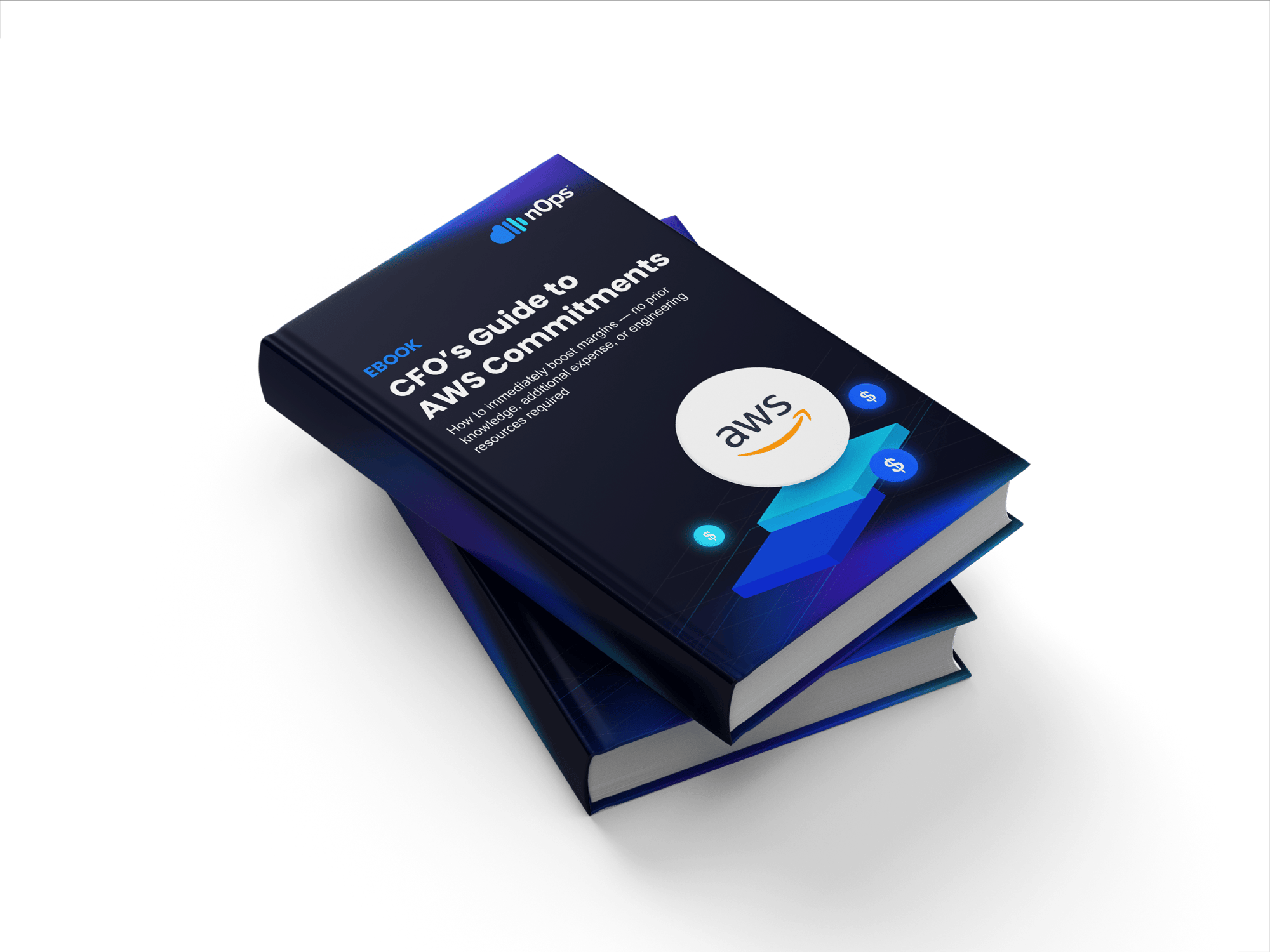The AWS (Amazon Web Services) Trusted Advisor provides recommendations for security and infrastructure optimization. These recommendations help you follow AWS best practices, so you can reduce costs, improve security, enhance performance, and optimize your infrastructure.
You can follow the AWS Trusted Advisor to optimize your resources and services. Every AWS user has access to the Trusted Advisor core checks and recommendations. There are recommendations for the following categories:
- Security
- Performance
- Service limits
- Cost optimization
- Fault tolerance
You can rely on the Trusted Advisor to improve your cloud environment in the above categories.
What is a Relational Database?
A relational database is a type of database enables users to store data and provide access to related data points. Ideally, it’s a collection of different data items that have a particular relationship between them.
A relational database groups data in sets of tables and rows. Each row in a table has a unique ID called a key. The columns hold the data attributes that make it possible to establish relationships among data points.
The logical data structures are separate from the physical storage. An administrator can manage physical data without affecting its structure.
How Does AWS RDS Work?
AWS RDS provides an environment from which you can access or reassemble data in different ways without reorganizing the database values.
RDS supports most of the popular relational databases. These include:
- Amazon Aurora
- Oracle
- MariaDB
- MySQL
- PostgreSQL
RDS allows easy migration from on-premise data to the cloud. It provides out-of-box provisioning with a database version of your choice, manual snapshots, high availability, and redundancy.
Amazon Aurora
Oracle
MySQL
Amazon RDS simplifies the process of managing MySQL deployments to the cloud. It makes it easy to deploy MySQL servers with cost-efficient and resizable hardware capacity. Amazon RDS for MySQL is preconfigured with settings and parameters to launch and connect with the production-ready MySQL database in minutes.
Amazon RDS provides provisioned IOPS for high-performance applications and General Purpose storage for small to medium-sized workloads.
PostgreSQL
MariaDB
Features of Amazon RDS
Scalable
Automatic Backups
AWS RDS provides high availability and durability as you can recover your database Instance at any point in time. It backs up all logs and stores them for the specified period of your choice. These backups help restore your database Instance during the retention period.
To further maximize availability, you can provision multi Availability Zone RDS availability. RDS then synchronously replicates your data to a standby Instance in a different Availability Zone, preventing downtime risks.
Software Patching
Secure
How to Set Up Amazon RDS
How Much Does Amazon RDS Cost?
With Amazon RDS, you only pay for what you use, and there are no minimum fees. You can pay with either Reserved Instances or On-Demand Instances.
The cost of Amazon RDS changes depending on the database engine used. You pay for the following:
- Backup storage
- Data transfer
- Snapshot export
- Database storage and I/Os
The Bottom Line
nOps simplifies RDS cost optimization by giving you complete visibility into your RDS spend, storage, and instance utilization—so you can cut waste, optimize resources, and avoid surprise charges.
- Understand & optimize your RDS costs: nOps makes it easy to get 100% visibility into RDS with 40+ filters designed for engineering and finance — get insights into where you’re overprovisioning, underutilizing, unintentionally paying for extended support, etc.
- Easily Compare I/O Costs: nOps makes it easy to see IOPS usage and costs, so you can quickly determine whether General Purpose (gp3), Provisioned IOPS (io1/io2), and IO-optimized instances will deliver maximum savings.
- One-click optimize storage: nOps makes it ultra-easy to migrate to gp3 and save on storage.
- Automate Non-Production Shutdowns– Instead of relying on manual scheduling, nOps uses ML to learn your usage patterns and automatically shut down idle instances during non-business hours to reduce waste.
nOps was recently ranked #1 in G2’s cloud cost management category, and we optimize $2 billion in cloud spend for our startup and enterprise customers.
Join our customers using nOps to understand your cloud costs and leverage automation with complete confidence by booking a demo today!


